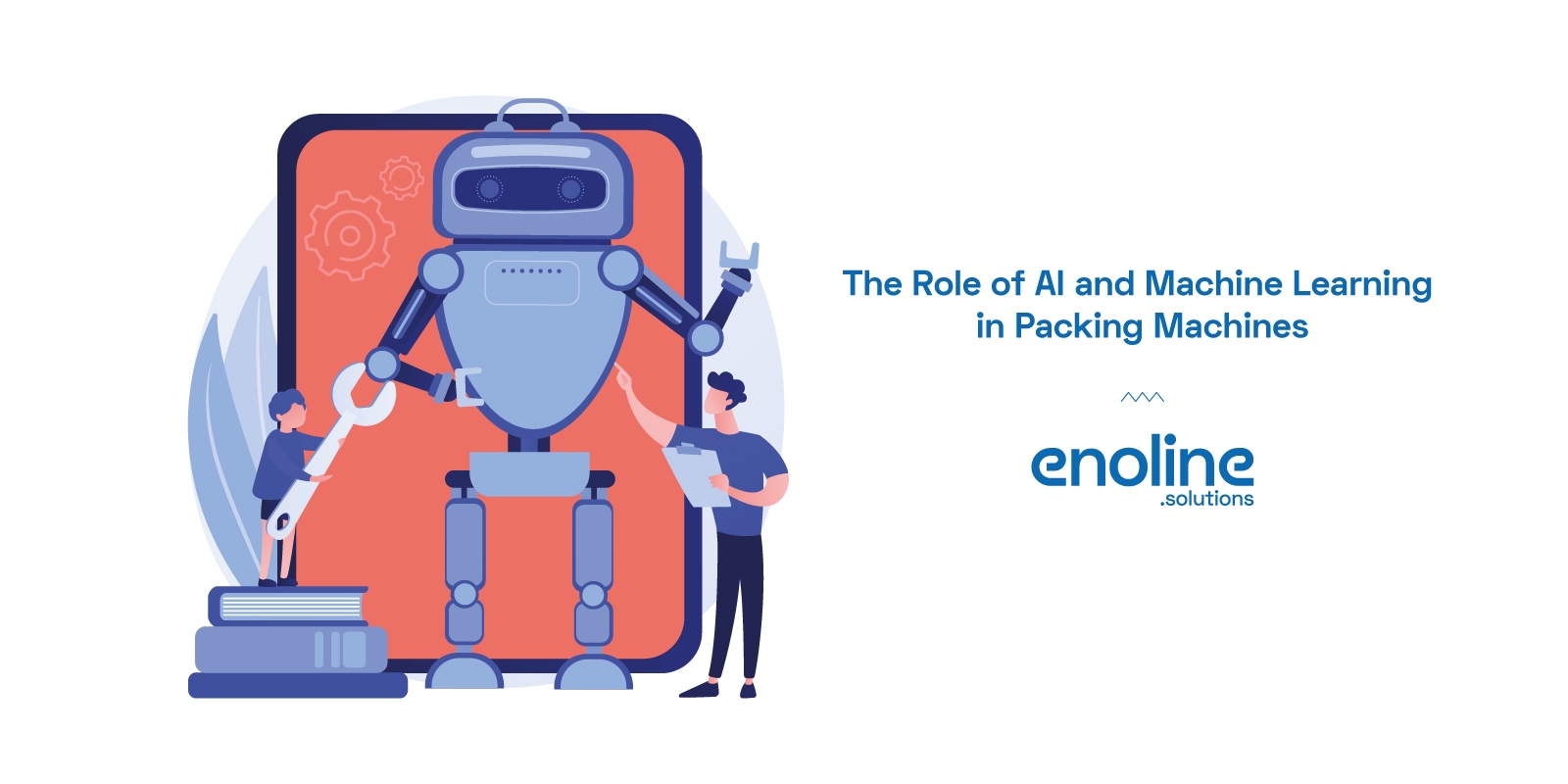August 15th
The Role of AI and Machine Learning in Packing Machines

Introduction
The packaging industry's landscape is evolving rapidly, driven by advancements in technology. Among these, AI and ML have emerged as pivotal tools that transform traditional packing machines into intelligent, data-driven systems. This article delves into the multifaceted roles these technologies play in the realm of packaging.
Understanding AI and Machine Learning
AI involves the development of systems that can perform tasks that typically require human intelligence, such as decision-making, problem-solving, and pattern recognition. ML, a subset of AI, enables machines to learn from data and improve their performance over time. When applied to packing machines, these technologies enhance their ability to adapt, learn, and optimize processes.
AI and ML Applications in Packaging
AI and ML have found a range of applications in packaging machinery. From real-time quality control to predictive maintenance, these technologies enable machines to operate more efficiently and intelligently. They analyze data from sensors, cameras, and other sources to make informed decisions and adjustments, ensuring accurate and consistent packaging.
Enhanced Quality Control and Error Detection
One of the standout advantages of AI and ML in packing machines is their ability to detect defects and errors with remarkable precision. These technologies can identify imperfections in packaging materials, product placement, and seals. By catching errors early in the process, companies can reduce waste, minimize rework, and uphold product quality.
Predictive Maintenance for Optimal Performance
AI and ML empower packing machines with predictive maintenance capabilities. By analyzing data patterns, these technologies can forecast when components are likely to fail. This proactive approach allows for timely maintenance, minimizing downtime and maximizing machine uptime, which is crucial in fast-paced production environments.
Adaptive Packaging Solutions
Traditional packing machines often require manual adjustments for different products and packaging types. AI and ML enable machines to adapt autonomously to varying packaging requirements. This adaptability enhances efficiency, reduces setup times, and ensures consistent quality across diverse product lines.
Streamlined Operations and Resource Efficiency
AI and ML optimize packing processes, resulting in streamlined operations and reduced resource consumption. These technologies optimize packaging layouts, material usage, and energy consumption, aligning with sustainability goals and minimizing environmental impact.
Challenges and Considerations
Implementing AI and ML in packing machines isn't without challenges. Data privacy, integration complexities, and the need for skilled personnel are among the considerations. However, the benefits in terms of efficiency, accuracy, and competitiveness often outweigh the challenges.
Conclusion
The marriage of AI and ML with packing machines marks a pivotal advancement in the packaging industry. These technologies empower machines to operate with heightened intelligence, adaptability, and accuracy. As companies seek to meet growing demands for efficiency and quality, AI and ML are poised to play an indispensable role in shaping the future of packing machines.
Let us find the best packaging solution for your business !